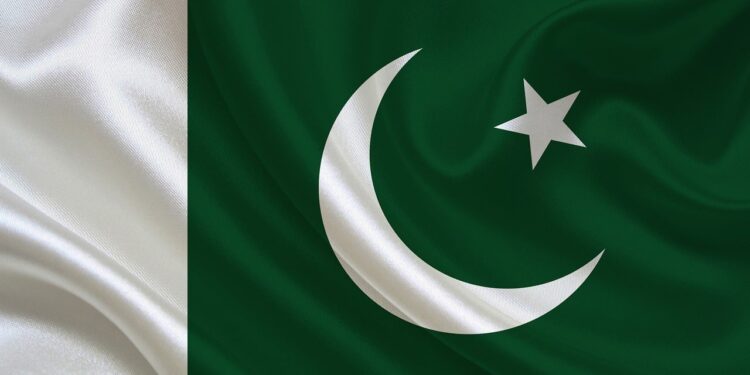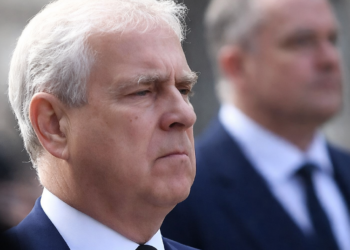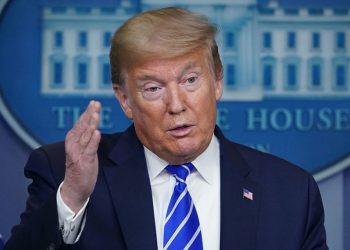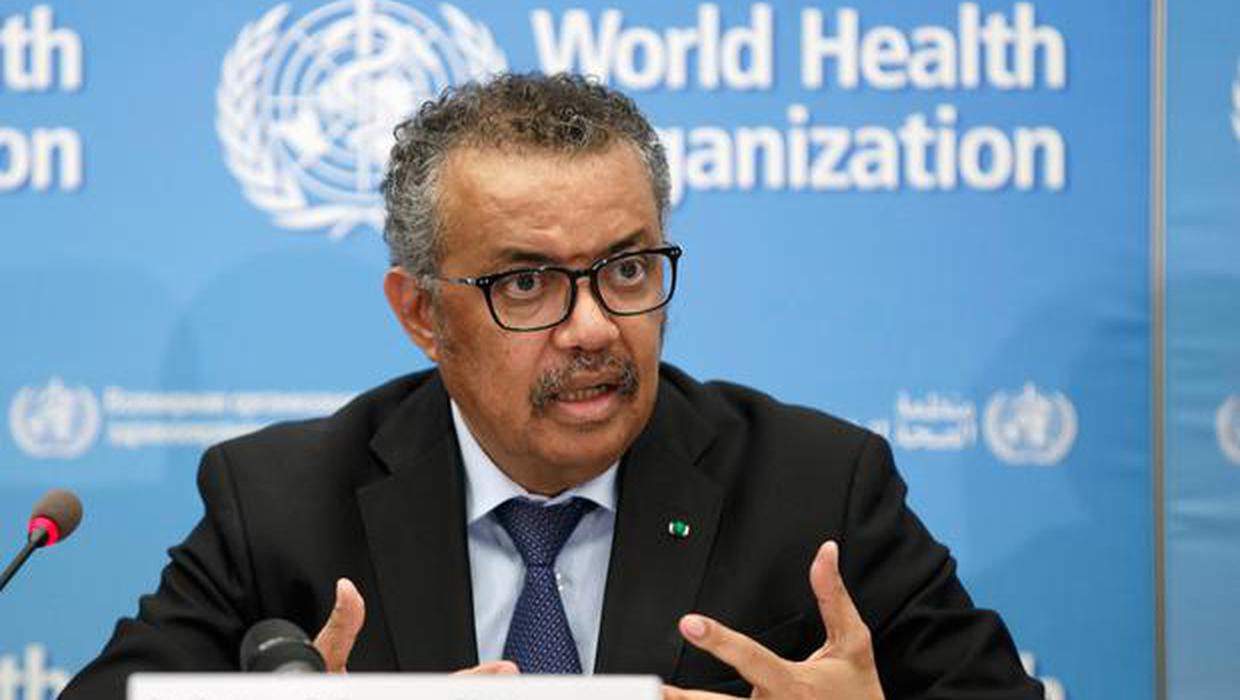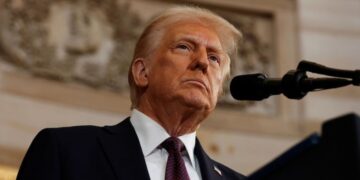Thousands of protesters hit the streets of Pakistan on Sunday after Hezbollah, the Iran-backed militant group, confirmed that its leader Hassan Nasrallah had been killed in an Israeli airstrike in Lebanon. The news sparked outrage across major cities, with Islamabad and Karachi seeing large turnouts during rallies and funeral prayers organized by Shiite Muslim groups.
Nasrallah, a figurehead of Hezbollah for decades, met his end in Beirut’s southern suburbs on Friday. His death, as expected, sent shockwaves across the region, and many are now questioning what will come next. The protests in Pakistan weren’t just about mourning the loss of Nasrallah, but about anger at Israel’s ongoing military actions in Lebanon and Palestine.
In Islamabad alone, an estimated 4,000 people gathered, while another 3,000 took to the streets in Karachi. One protester, 27-year-old Taskeen Zafar, expressed the sentiment shared by many in attendance: “We stand against what Israel is doing in Palestine and Lebanon, this is why we are here today.”
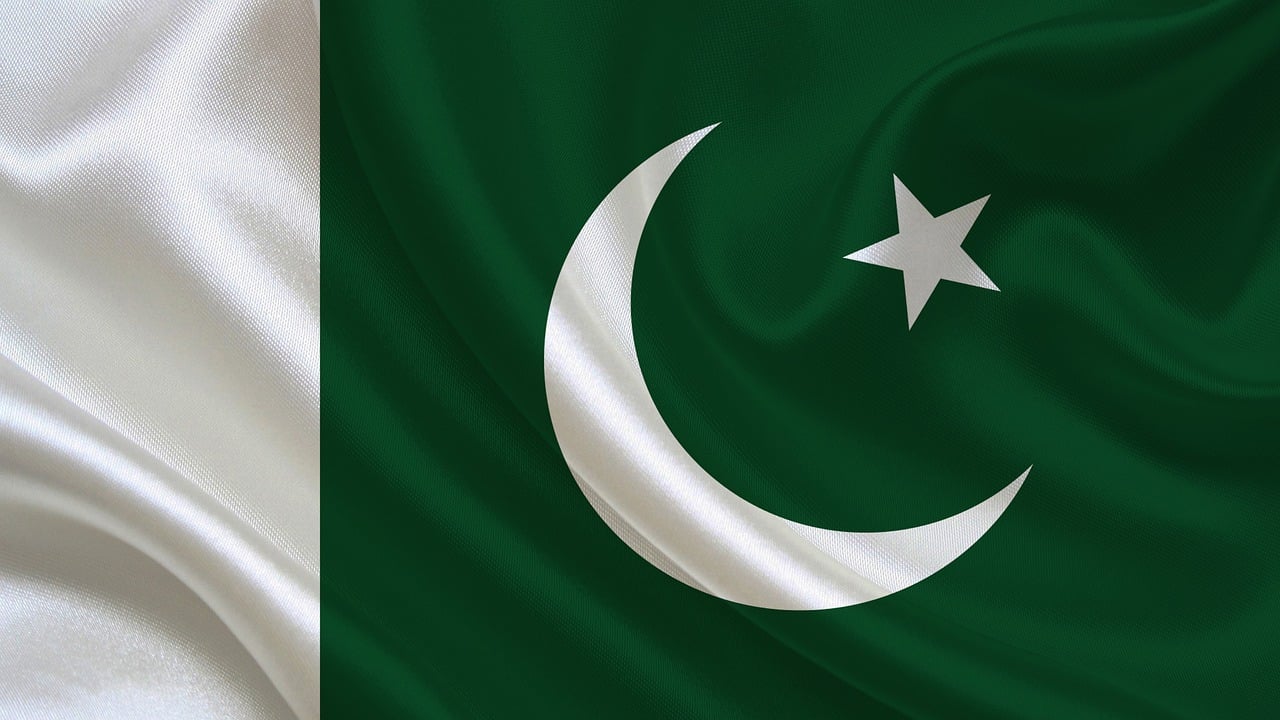
Nasrallah’s assassination marks a dangerous escalation in the ongoing tension between Hezbollah and Israel, which has seen nearly a year of cross-border exchanges of fire. It’s a significant blow to Hezbollah, as Nasrallah had been the central figure in the group for years. His death is being viewed as a potential catalyst for even wider conflict in an already volatile region.
In response to the killing, Pakistan’s Ministry of Foreign Affairs released a statement condemning Israel’s increasing military aggression in the Middle East, calling it “adventurism” and a violation of international peace efforts.
Hezbollah, however, isn’t backing down. The group ramped up low-intensity attacks on Israeli troops following Hamas’ shocking attack on October 7, 2023. That surprise assault resulted in the deaths of over 1,200 people in Israel, most of whom were civilians, with reports of hostages also being killed. In response, Israel launched a relentless military campaign in Gaza, which, according to the Hamas-run health ministry, has left over 41,000 dead, mostly civilians. These staggering figures have even been corroborated by the United Nations, which described them as reliable.
Despite the international outcry, the Israeli government seems determined to shift its focus towards its northern front and take the fight to Hezbollah. With Nasrallah now out of the picture, the region teeters on the brink of even more widespread violence, and the situation remains as tense as ever.
So what does all this mean for the region? Clearly, Nasrallah’s death has the potential to ignite a full-scale war, dragging neighboring countries further into the chaos. While Hezbollah will no doubt seek revenge for the loss of its leader, Israel appears to be gearing up for further confrontation. Unfortunately, as usual, it’s the civilians who will pay the highest price in this endless cycle of violence.

